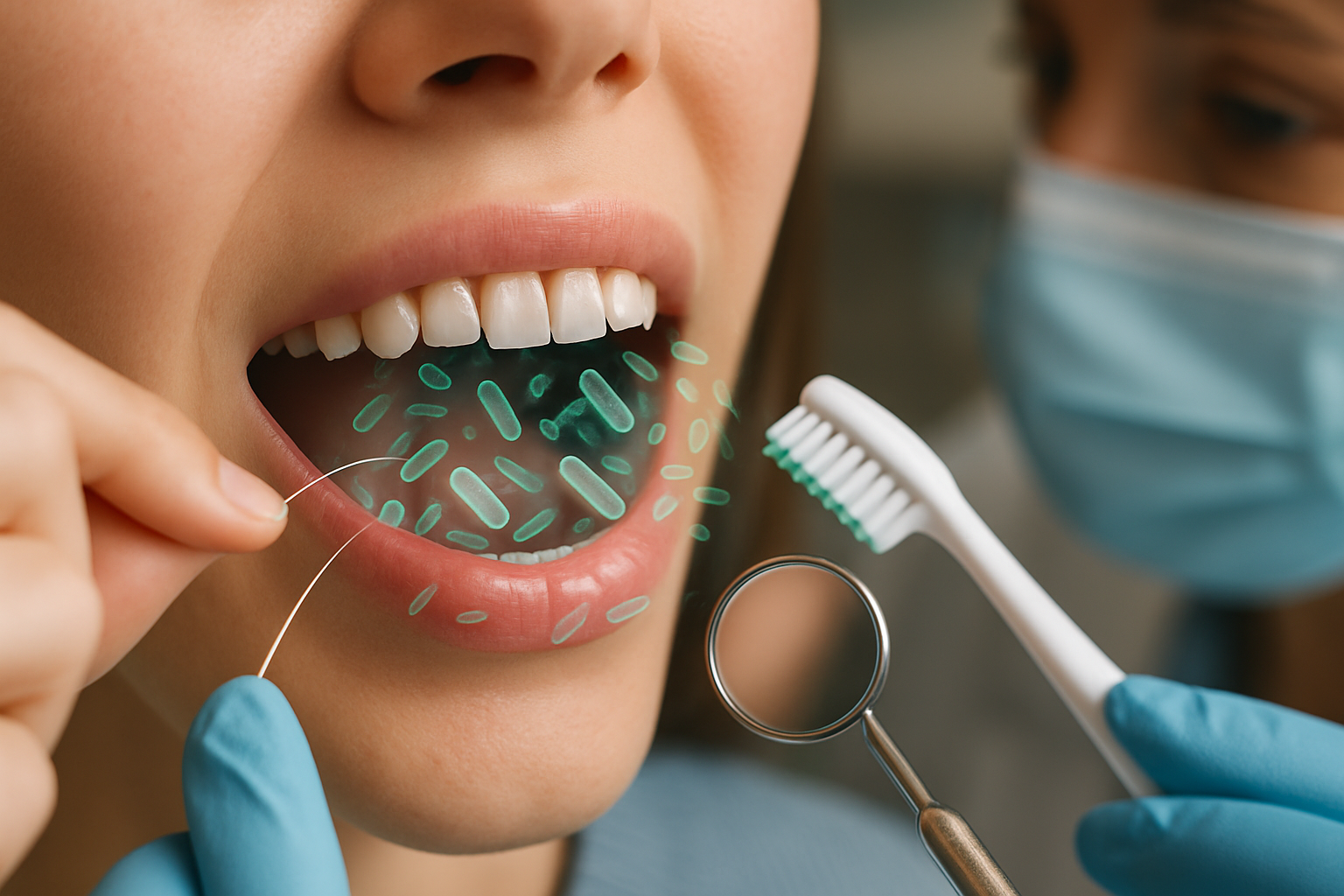Dentist and Dental Care: Practical Guidance for Patients
Good dental care combines regular prevention, timely treatment, and informed choices about services. This article explains routine dental services, common procedures, when to seek urgent attention, how to select local services, and a general overview of costs. It is intended to help readers make clearer decisions about oral health and navigating options in the UK healthcare environment.

This article is for informational purposes only and should not be considered medical advice. Please consult a qualified healthcare professional for personalized guidance and treatment.
What routine dental care includes
Routine dental care typically covers preventive measures such as regular check-ups, professional cleaning (scale and polish), oral cancer screening, fluoride application when needed, and basic radiographs (X-rays). These visits help detect problems early — for example, cavities or gum disease — before they require more complex treatment. Patients should maintain daily oral hygiene at home, including twice-daily brushing with fluoride toothpaste and interdental cleaning, to support professional care.
When to seek urgent dental attention
Some dental problems need prompt attention to prevent worsening pain or infection. Seek urgent care for severe toothache that does not respond to simple analgesics, swelling of the face or jaw suggesting infection, uncontrolled bleeding after an extraction, or any trauma that causes loose or avulsed teeth. Many practices and urgent dental clinics provide emergency appointments; if you experience systemic symptoms like fever with oral swelling, contact a medical provider or local emergency services.
Common dental treatments explained
Common treatments include fillings for tooth decay, root canal therapy for infected tooth pulp, crowns to restore structurally compromised teeth, extractions for non-restorable teeth, and denture or implant solutions for missing teeth. Periodontal (gum) treatment ranges from non-surgical cleaning to more advanced procedures. Each option has different aims — pain relief, infection control, restoration of function, or appearance — and your dentist should discuss benefits, risks, and alternatives before treatment proceeds.
How to choose local services
When selecting dental care in your area, consider registration options (NHS vs private), location and hours, clinician qualifications and special interests, patient reviews, and clear communication about treatment planning and costs. Verify whether the practice is registered with the appropriate regulatory body, such as the General Dental Council in the UK, and ask about follow-up care policies. For complex care, look for clinicians with relevant postgraduate training or specialist accreditation.
Costs, insurance, and payment expectations
Dental costs vary significantly between NHS provision and private care. NHS charges use a defined banding system in England and are different in Scotland, Wales, and Northern Ireland due to devolved arrangements; private fees depend on the procedure, materials, and clinician experience. Many patients use dental insurance, NHS exemptions, or practice finance plans. Before treatment, request a written estimate and clarification of which services are included, such as follow-up visits, impressions, or laboratory fees.
| Product/Service | Provider | Cost Estimation |
|---|---|---|
| Routine check-up and basic care (NHS banding) | NHS (England) | Costs set by NHS band; ranges for common bands (indicative only) |
| Private dental check-up and scale | Private practices (e.g., Bupa Dental Care, local private practices) | Check-up: approx. £20–£70; Scale & polish: £40–£120 |
| Composite filling (small/medium) | Private dental clinics | Approx. £60–£250 depending on tooth and material |
| Crown (porcelain/metal-ceramic) | Private dental labs/clinics | Approx. £300–£1,000+ per tooth |
| Emergency/urgent appointment | Urgent dental care clinics / NHS dental access centres | Varies: NHS urgent fees or private urgent rates; private often £50–£200+ |
Prices, rates, or cost estimates mentioned in this article are based on the latest available information but may change over time. Independent research is advised before making financial decisions.
Conclusion
Effective dental care combines preventive daily habits, regular professional check-ups, and informed choices about treatments and providers. Understanding common procedures, how to evaluate local services, and typical cost expectations can make discussions with your dentist clearer and help you plan care that meets your oral health needs. For personalized diagnosis and treatment plans, consult a qualified dental professional.



